What is your name and your role on the European Service Module team?
My name is Pedro J. Herráiz Alijas, I am from Spain and I am working as Propulsion System Engineer at ESA providing technical support to the European Service Module (ESM) Project in almost all the topics associated with the propulsion subsystem.
How long have you been involved in European Service Module’s development and what were/are your tasks?
I joined ESA and the project in September 2019 so I have been supporting ESM Propulsion for almost three years.
Inside the team I am the ESA technical authority for the ESM engines (OMS-E, Aux and RCS) and also working on all the system level activities. As part of this I am in charge of supporting the safety expert on the Hazard Control Verification of the propulsion related items and also involved in Functional Design and interaction of the European Service Module’s propulsion system with Fault Detection Isolation and Recovery (FDIR) and its flight software.
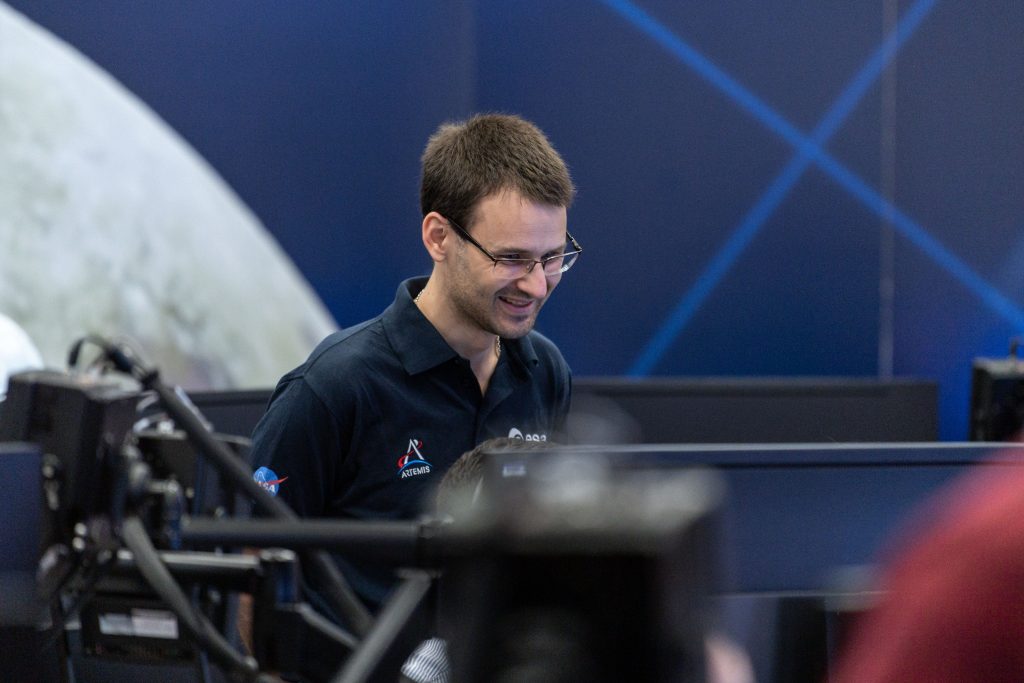
One of the most interesting tasks I have is being part of the ESA supporting team for Flight Operations of the Artemis missions.
As one of my Airbus propulsion colleagues said, I am a “Swiss knife” or a “jack of all trades” inside the propulsion team supporting whatever appears in the Propulsion Subsystem (PSS) thanks to my previous Systems Engineer experience.
What is your educational background/prior work experience? How did you come to work on European Service Module?
I am an aerospace engineer specialised in propulsion but my previous work experience was a bit eclectic as I have been working in many different topics. During my early career as fluid dynamics specialist I worked on train aerodynamics, concepts for hypersonic missiles, fluidic analysis for oil and gas and other non-space related projects. After some years I moved to the space domain as a Platform System Engineer for the Proba3 ESA mission on industry side and I was in charge of the Mechanical, Thermal, Propulsion architecture at prime system level and also supported Avionics and Functional parts of the project. I learned a lot from the challenges and difficulties that we face on the project and was very happy, but at a point I felt the need to do something “bigger” and I ended up in the biggest space project in the world working with an amazing team of professionals across Europe and the USA.
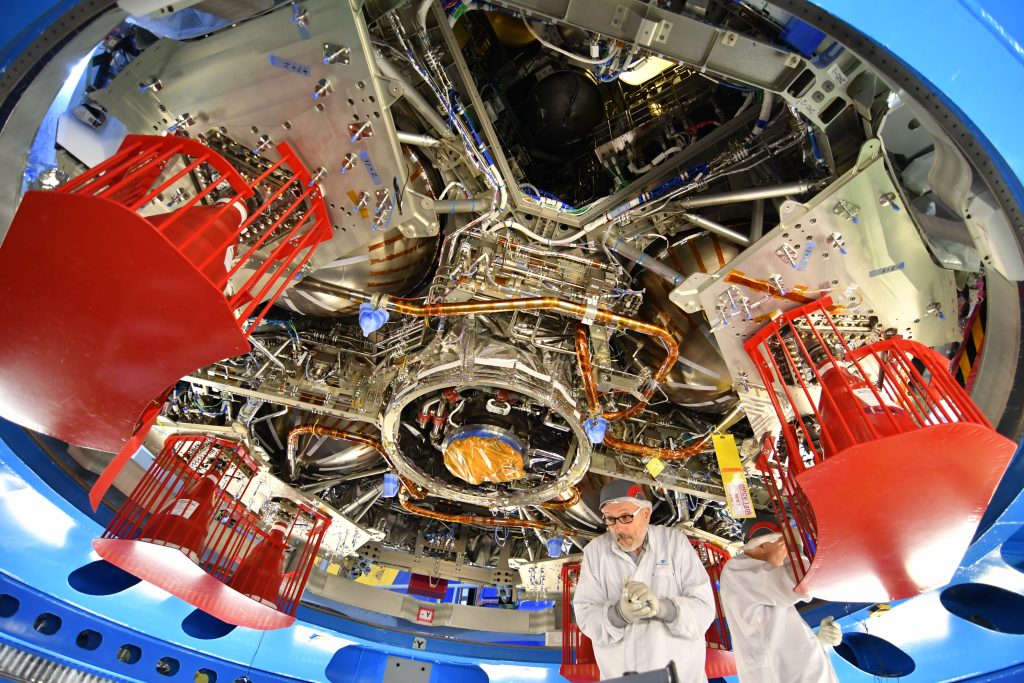
What is the most notable or memorable moment during your time working on European Service Module?
For me one of the most memorable moments was my mission to NASA’s Kennedy Space Center for the propellant loading of the first European Service Module. It was my first time in USA and was a very interesting mission with some challenging issues to solve with one of the gas valves and a lot of things happened with critical meetings with a lot of NASA people. And at the end I had the opportunity to visit the Vehicle Assembly Building and go to the roof of that incredible building was a really nice experience that I’ll never forget.
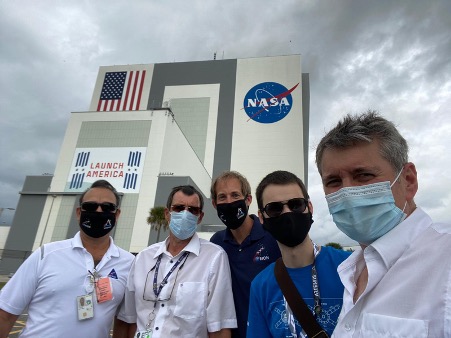
What does it mean to you to be part of the larger team helping to get humans back on the Moon?
For me it is the realisation of a childhood dream. When I was a kid, I was always building rockets and spacecraft with Lego and always dreamed of working with NASA and contribute to repeat the achievements with a Moon landing and to reach farther horizons beyond the Moon.
It is an incredible opportunity that I never thought I would have, and I am enjoying a lot my participation on Artemis with all the discussions with Airbus, Lockheed Martin and NASA, all the challenges we have in front of us and all the problems that we have solved during this time.
When we achieve our goals and finally bring back humans to the Moon I could proudly say that I was part of the amazing team that made it possible.
What is one thing you’d like the European public to know about your job?
I think it is very important that the European public feels that we, as Europe, are key part of Artemis, that we are working together with the US and that the success will be also ours. Also everyone needs to understand that space is key to the development of our countries and we really need to build strong capabilities to, next time, being able to send people to the Moon by ourselves.
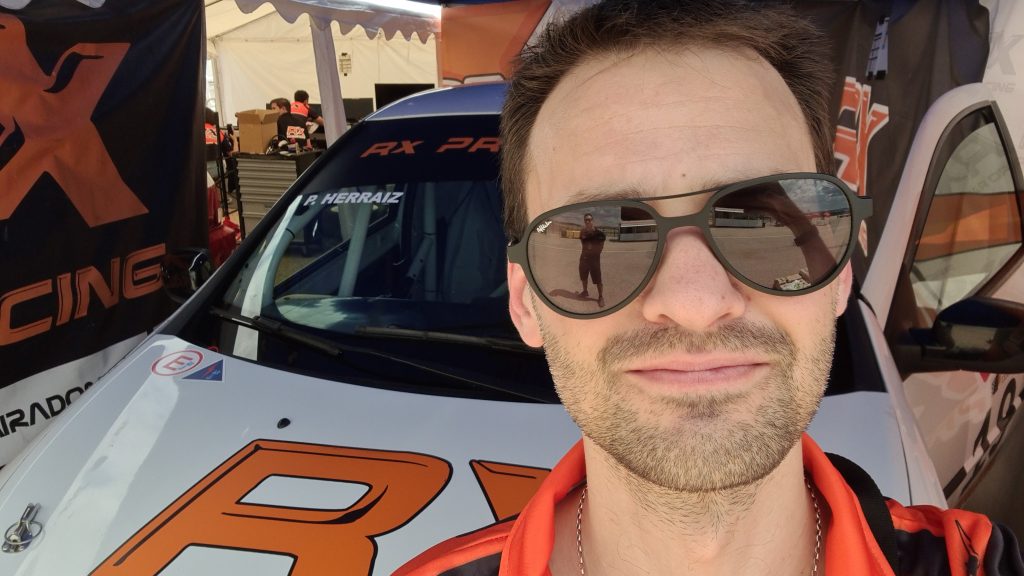
Do you have any advice for future generations interested in space exploration?
Only thing I can say is dare to dream and never accommodate. For me it took many failed applications to arrive here and in my head this application was the one which had the least chance to succeed, but it was the successful one in the end. One never knows and if I had given up because of the deception of the rejects, I would have missed the incredible opportunity of being part of this amazing project.
Just try to enjoy and learn from every experience and maybe then you will find your way to your dreams.

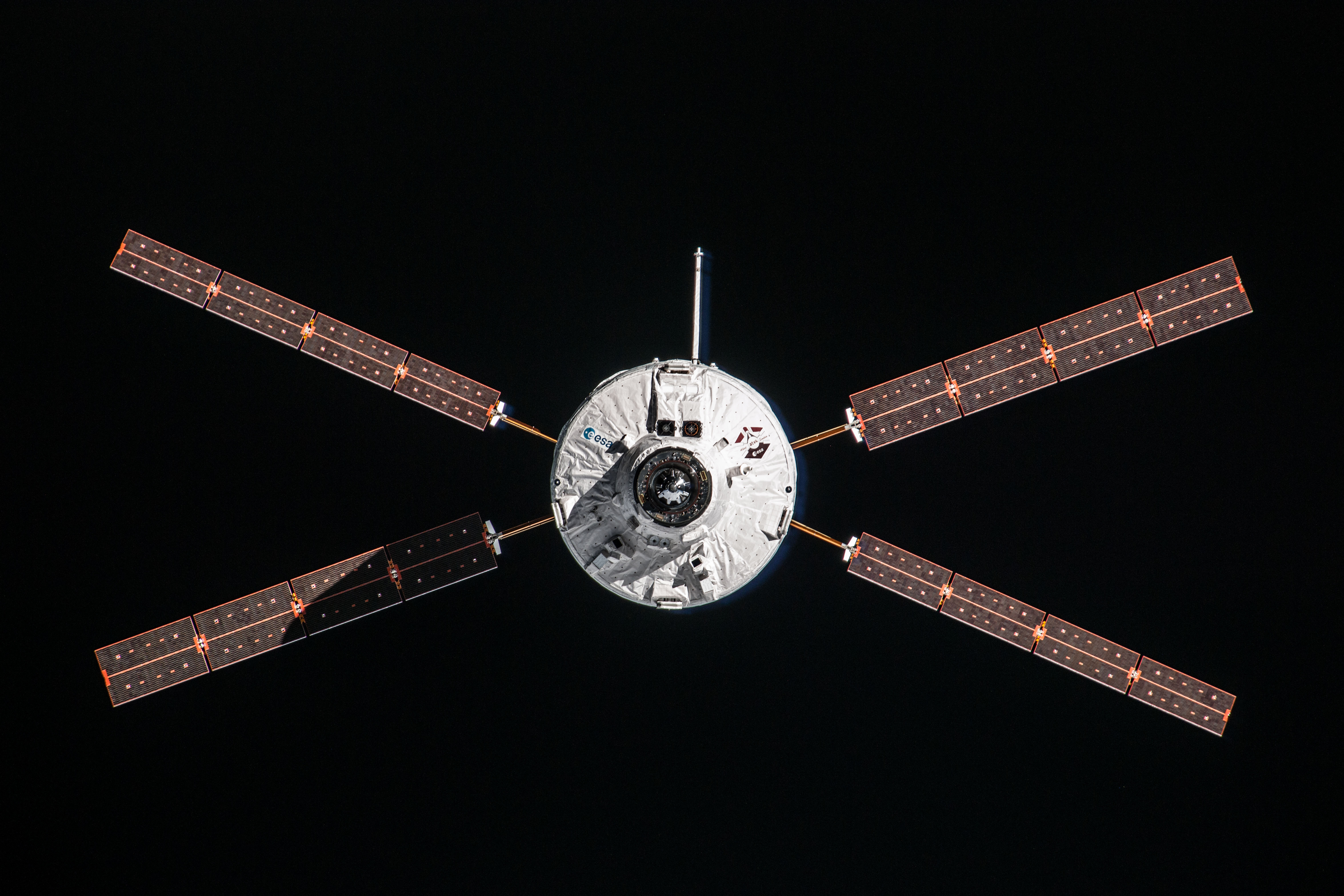 Automated Transfer Vehicle page
Automated Transfer Vehicle page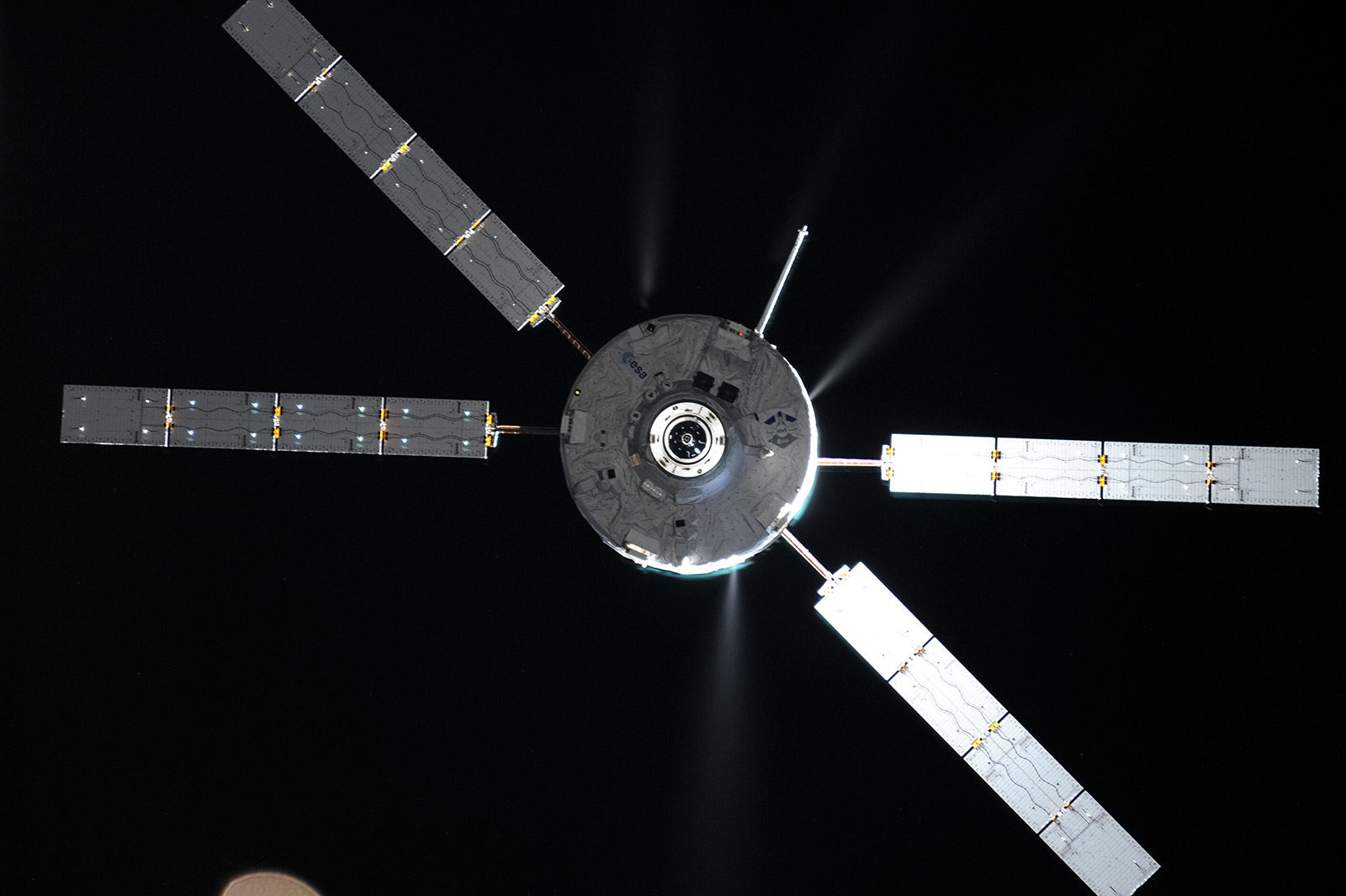 ATV blog archive
ATV blog archive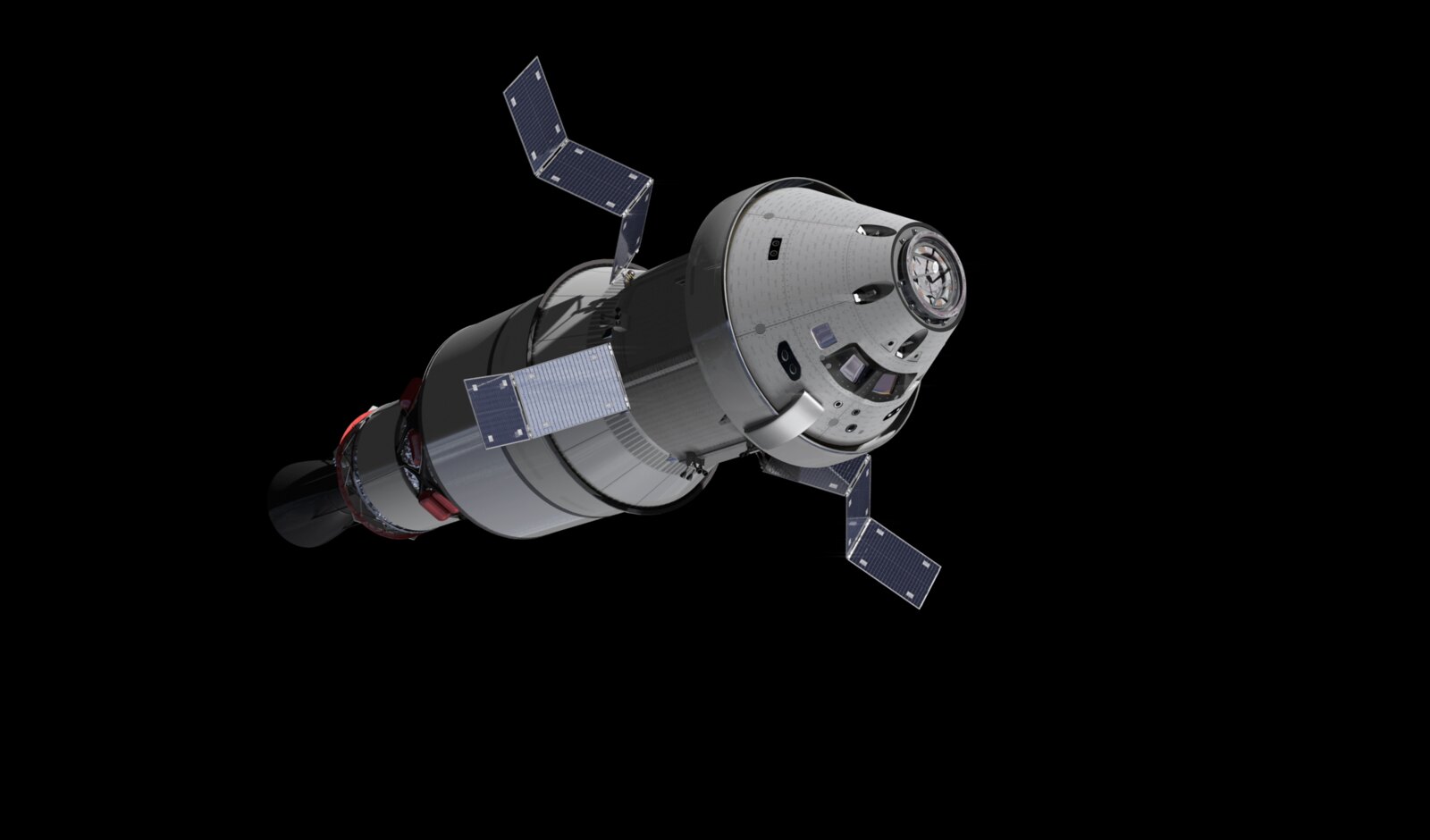
Discussion: no comments